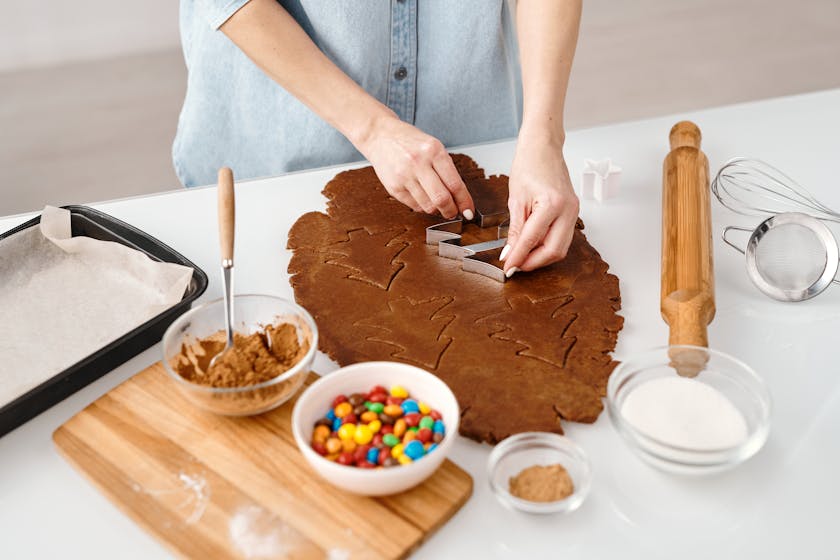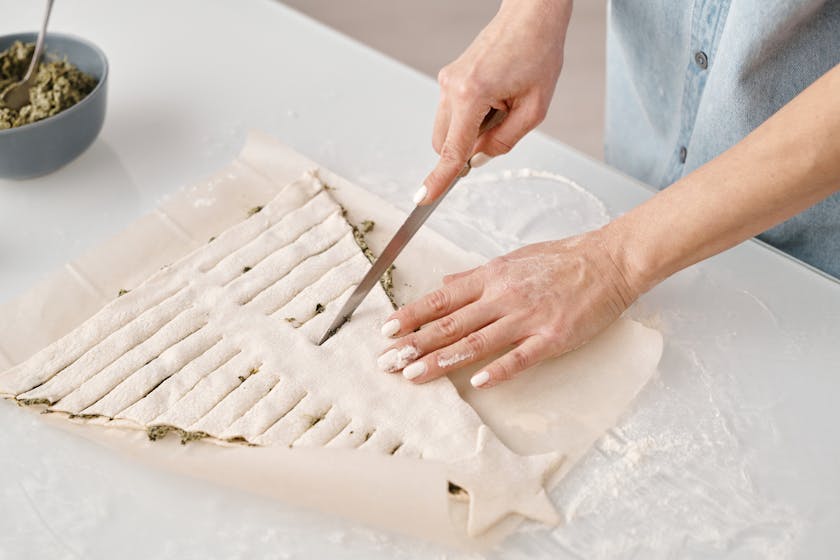Understanding the art of cooking schedules can transform your kitchen routine, making meal preparation a breeze and ensuring you always have a delicious meal ready when you need it. By adopting a structured approach to your cooking, you can save time, reduce stress, and enjoy a variety of meals with minimal last-minute hustle.
Embracing the Power of Cooking Schedules
One of the first steps in mastering your cooking schedule is to recognize the benefits it brings to your daily life. Not only does a well-planned cooking schedule help with time management, but it also aids in maintaining a balanced diet, cutting down on food waste, and saving money by avoiding impulsive take-out orders.
Set Up Your Weekly Cooking Plan
Start by mapping out your week. Consider your personal and work commitments, and identify the times you can dedicate to cooking. Once you have a clear view of your available time slots, begin to fill in your schedule with specific meal preparations.
How to Create a Flexible Cooking Schedule
Flexibility is key when it comes to cooking schedules. Life can be unpredictable, and your meal plan should be able to accommodate last-minute changes. Here’s how to create a cooking schedule that’s both structured and adaptable:
- Choose a variety of recipes: Select a mix of quick and easy dishes, along with more complex recipes for days when you have more time.
- Batch cook: Prepare larger quantities of versatile ingredients that can be used in multiple dishes throughout the week.
- Plan for leftovers: Make extra servings to enjoy later in the week, either as is or repurposed into a new meal.
Utilize Technology to Stay on Track
Incorporate technology into your cooking schedule by using apps and digital calendars to set reminders for meal prep times. This way, you won’t forget to thaw meat or soak beans, and you can manage your grocery shopping more efficiently.
Once-a-Month Cooking: Taking Scheduling to the Next Level
For those looking to take their meal prep to the next level, once-a-month cooking is a game-changer. This approach involves dedicating one day a month to cook and freeze a variety of meals that can be quickly reheated and enjoyed on busy days.
While this requires a significant upfront time investment, the payoff is substantial. You’ll have a freezer stocked with meals, reducing your daily cooking time to a simple reheating process.
Tips for Successful Once-a-Month Cooking
Here are some strategies to ensure your once-a-month cooking day goes smoothly:
- Plan your menu: Choose freezer-friendly recipes and make sure to have a good mix of proteins, vegetables, and grains.
- Shop in bulk: Take advantage of bulk purchasing to save money on ingredients needed for multiple recipes.
- Stay organized: Label your meals with the date and reheating instructions before freezing them.
Remember, the goal of a cooking schedule, whether it’s weekly or monthly, is to make your life easier. Don’t be afraid to adjust your plan as needed and find a rhythm that works best for you and your household.


